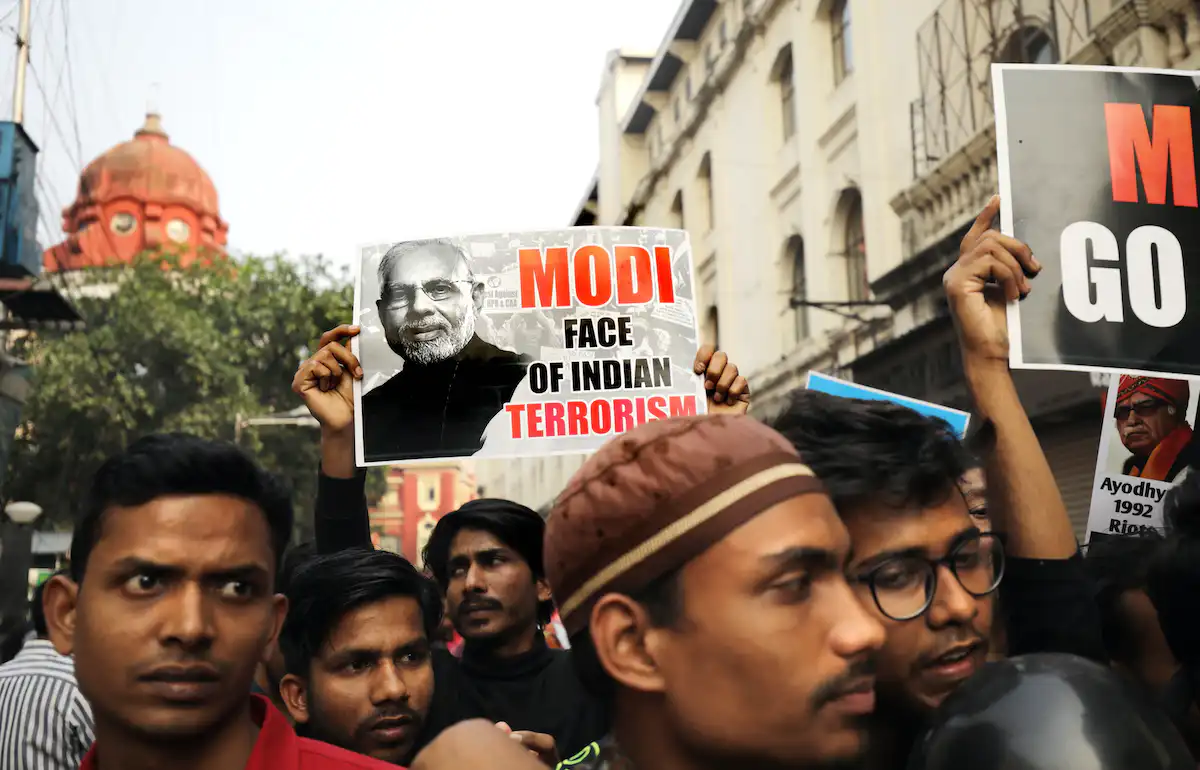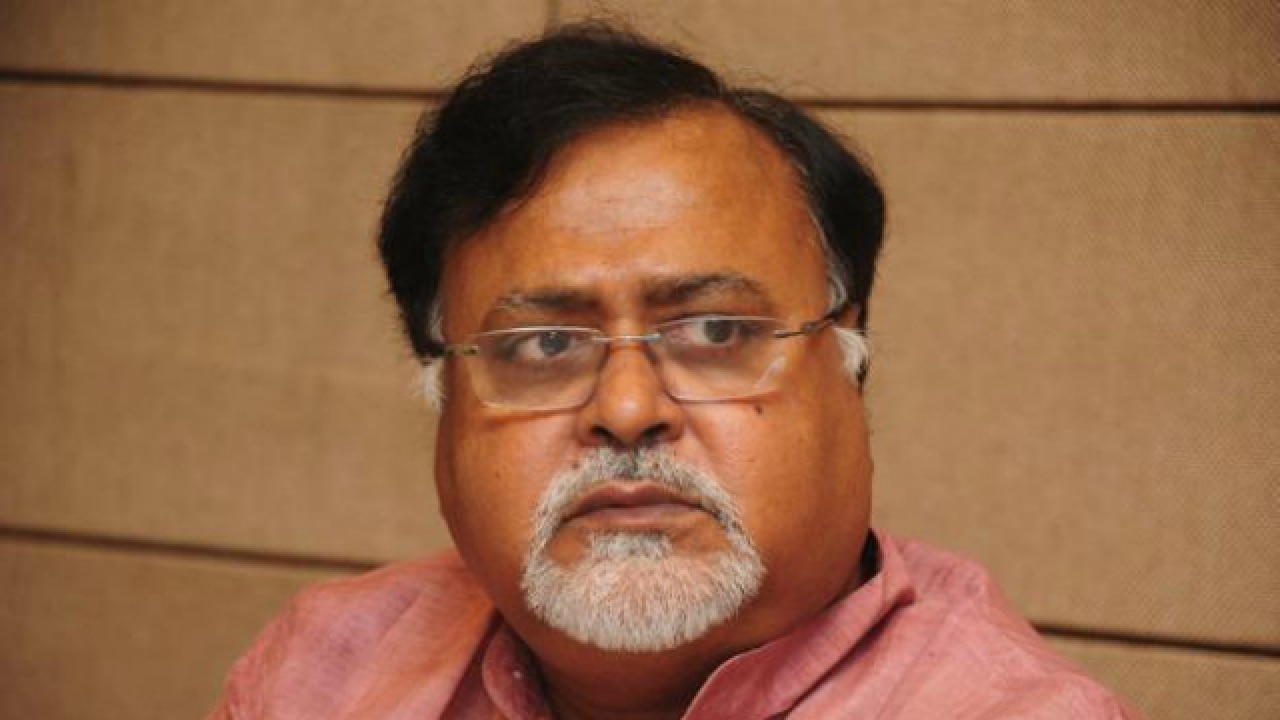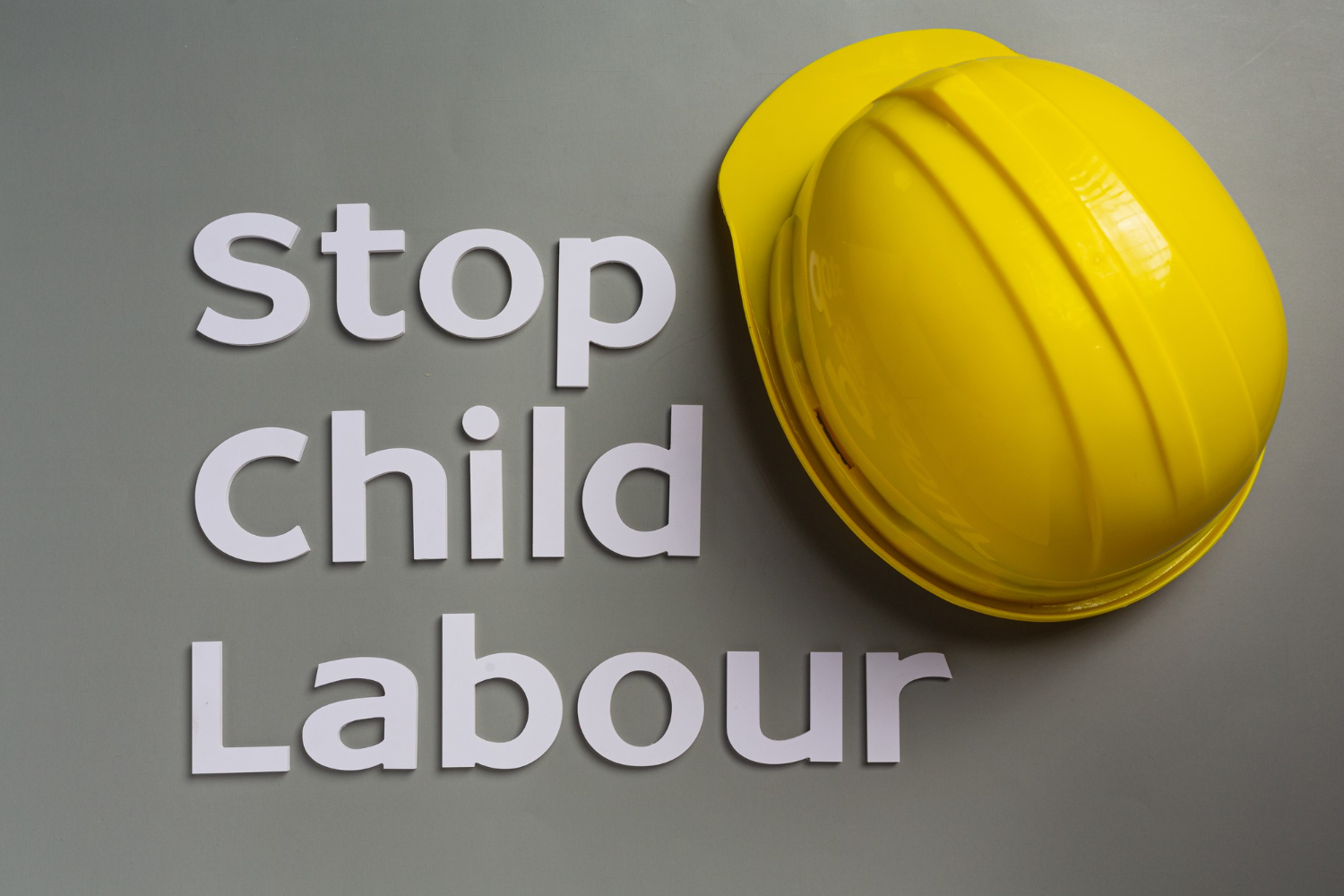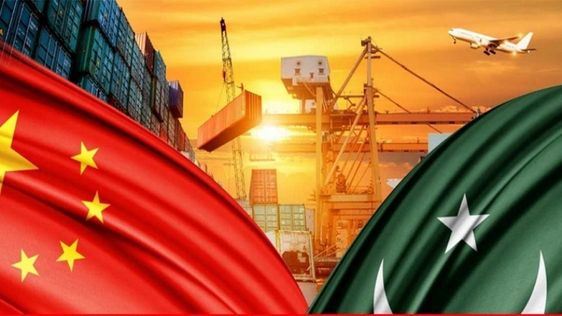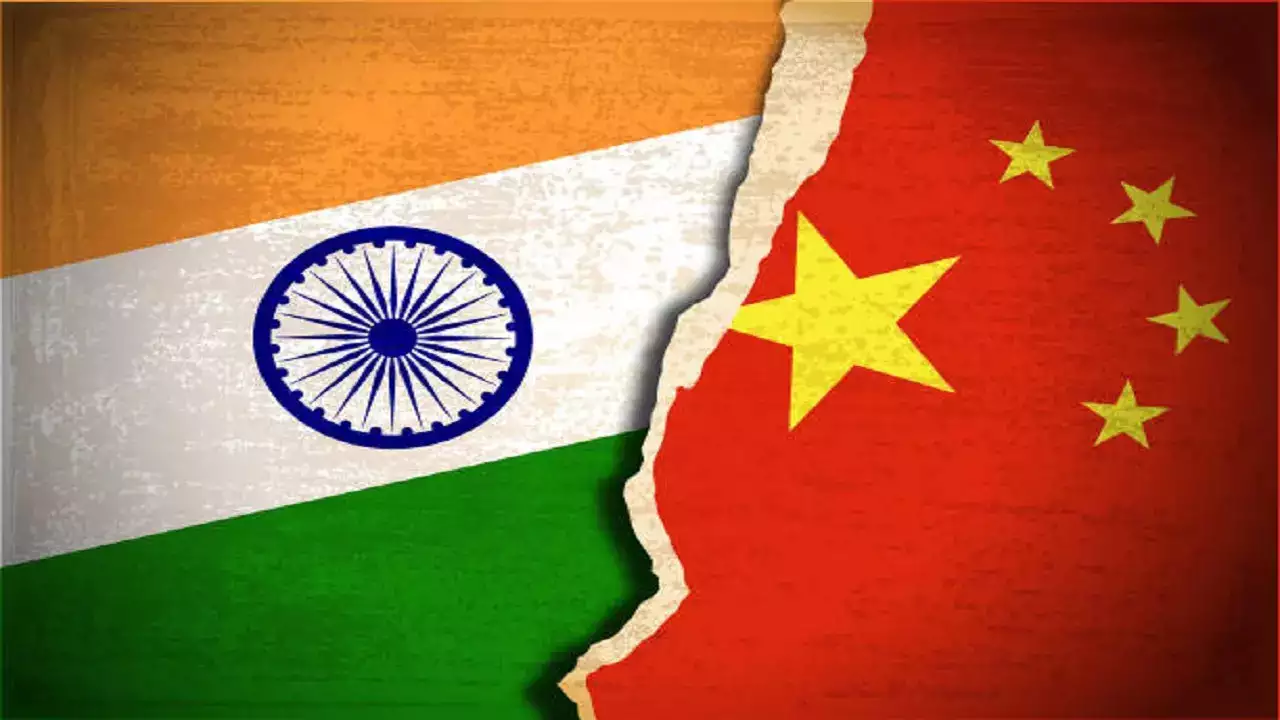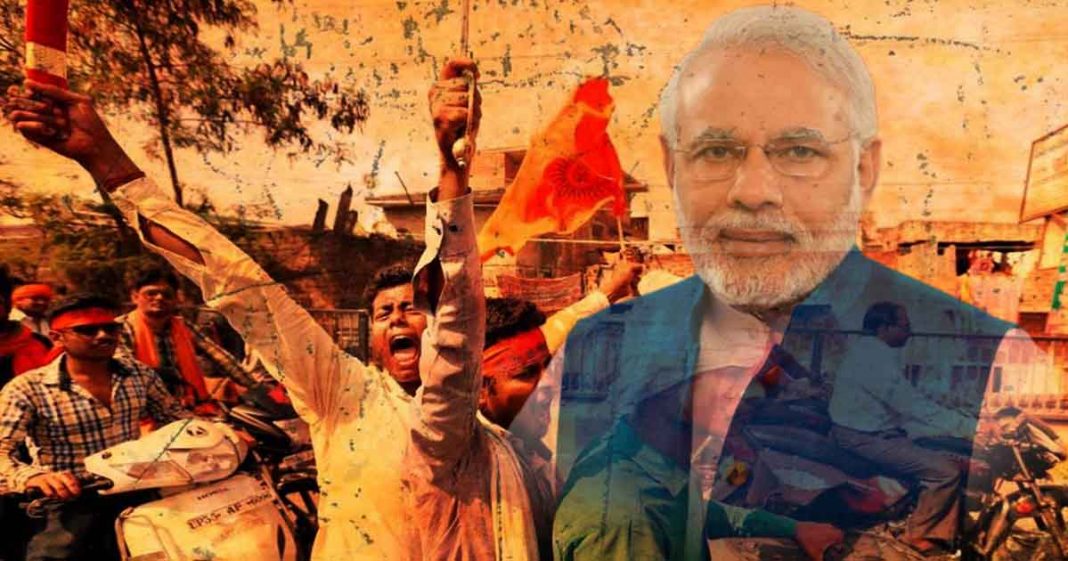With so many screaming headlines competing for our attention, including the barbaric murder in Udaipur, it was easy to overlook Prime Minister Modi’s sudden descent in Abu Dhabi. However, global observers, such as the online journal The Times of Israel, were aware of it. According to the journal:
On Tuesday, Indian Prime Minister Narendra Modi arrived in the UAE, just weeks after a top Indian official’s remarks about the Prophet Muhammad sparked outrage in the Gulf.
The one-day visit by Modi, who is returning to India after the G7 summit in Germany, comes after Gulf states protested earlier this month after a spokesperson for his party made disparaging remarks about the Prophet Muhammad on television. The UAE and Saudi Arabia both condemned the remarks, and Qatar and Kuwait summoned their respective Indian ambassadors. One Kuwaiti supermarket removed Indian products from its shelves.
The two countries have strong trade and cultural ties, with Indians accounting for 35% of the UAE’s 10 million population, making them the largest expatriate community.
Not surprisingly, Mr. Modi’s gratitude to UAE President Mohamed bin Zayed Nahyan for “taking great care of the 3.5 million Indian community in the UAE, especially during the COVID-19 pandemic,” has been widely publicised in India. When India’s Ministry of External Affairs released Mr. Modi’s remark to the media, it attempted to link it to COVID, but the Israeli journal knew better. The Times of Israel, like Mr. Modi, recognised that events in India have ramifications for Indians living abroad, who number in the tens of millions.
Mr. Modi had been invited to attend some of the “G 7” sessions in Schloss (i.e., Castle) Elmau in Germany’s Bavarian region before landing in Abu Dhabi (where the ruler was waiting to greet him). Leaders from Indonesia, Argentina, South Africa, and Senegal were also invited. Because Indonesian President Joko Widodo is the current chair of the larger “G 20” group of nations, he naturally stands in the centre of this Schloss Elmau video, flanked by Joe Biden and German Chancellor Olaf Scholz. Our Prime Minister is pictured on the far left.
When “G 7” leaders from the United States, Germany, France, the United Kingdom, Japan, Italy, and Canada met without the special invitees, they vowed increased support for Ukraine, which is still being battered by Russia, which has gained significant ground in recent battles at great and probably unsustainable cost. The “G 7” and many other countries see Ukraine’s defence against Russian aggression as a battle between democracy (or democracies) and autocracy. The special invitees to Schloss Elmau did not necessarily agree, and it appears that India does not, either.
Prime Minister Modi, on the other hand, signed the following significant statement at Schloss Elmau on Monday, June 27: “We, the Leaders of Germany, Argentina, Canada, France, India, Indonesia, Italy, Japan, Senegal, South Africa, the United Kingdom, the United States of America, and the European Union, affirm our commitment to strengthening the resilience of our democracies…”
“We remain steadfast in our commitment to defending peace, human rights, the rule of law, human security, and gender equality in light of the dramatic changes in the geopolitical situation… and the significant threats to democratic systems around the world.”
“We salute all valiant defenders of democratic systems who stand up to oppression and violence.”
Mohammed Zubair, the co-founder of the fact-checking website Alt News, was arrested in Delhi on June 27. Two days earlier, a Gujarat police anti-terrorism squad raided the Mumbai home of Teesta Setalvad, one of India’s most respected human rights activists, and arrested her. “Can hypocrisy be more blatant?” wonders a plethora of Indian minds. Many non-Indian voices, including those from the “G 7” countries, have already called for the release of these courageous and diligent individuals, who are “hailed” by Modi, Widodo, Biden, Schloss, and others as “defenders of democratic systems that stand against oppression and violence.”
What those gathered at the Elmau castle said to one another face-to-face may not be revealed anytime soon, but one thing is certain. The Indian government’s standing among global citizens is deteriorating. The world is asking questions like these in private and public comments. Is it a crime in today’s India to seek justice on behalf of those who have been brutally murdered? Is it a crime to correct false information? Is silence the only safe way to respond to oppression, slander, and misinformation? And Indians all over the world may have to learn how to conceal themselves when asked about justice in India.
Mr. Modi was expressing his awareness that Indians are part of a larger humanity and live among Christians, Muslims, Buddhists, Jews, and others whose goodwill they require when he thanked the UAE chief for “taking great care” of the millions of Indians living in that Arab country. Mr. Modi should also recognise that the Indian state cannot isolate itself from the rest of the world, as North Korea has done. India and the rest of the world are inseparable.
It may be naive to believe that the ongoing conflict between Russia and Ukraine, or the rising inflation that is currently afflicting almost every nation will be so distracting that the world will ignore the persecution of the government’s critics or silently observe the emergence in India of a state that suppresses minorities and dissenters.
